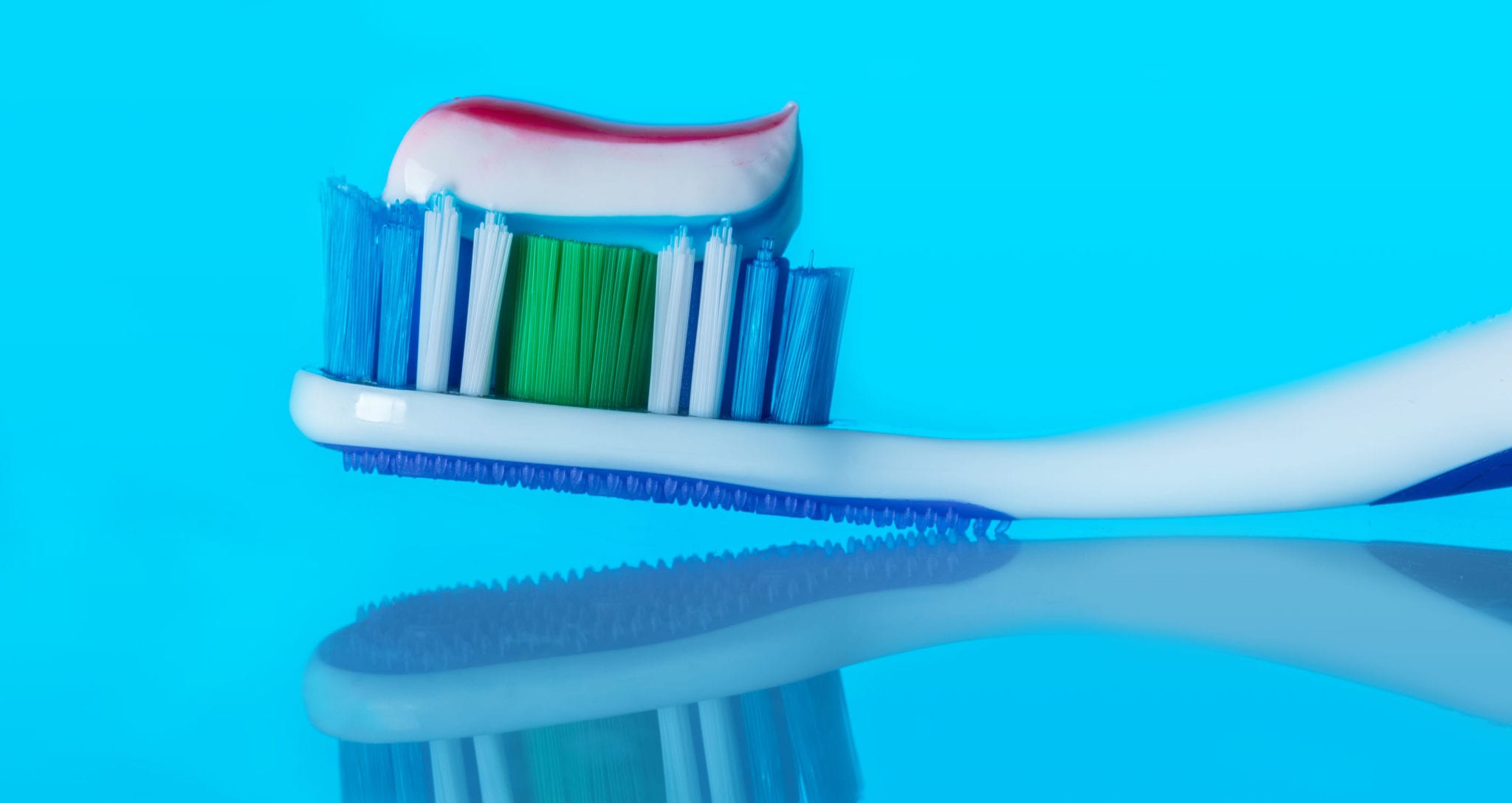
Many people worry that fluoride is dangerous – and it can be. However, countless studies have shown that this is only true when it is in very high concentrations.
Still, a lot of people have worries about fluoride, so we wanted to write this post to explain what we’ve learned about fluoride over the years and why it is beneficial for your oral health.
Facts about Fluoride
Fluoride is a natural compound present in water, air, and soil. It is also found in some plant and animal sources. Fluoride combines the element fluorine with another element, like a metal. Most people come into contact with fluoride through the water supply or through toothpastes and mouthwashes.
Fluoride is absorbed into the blood after passing through a person’s digestive system. It collects in areas where calcium is stored, such as in teeth.
Is Fluoride Safe?
Over the past 50 years, countless studies have been done showing that fluoride in drinking water is safe for your consumption. A small amount in your water can help protect your children’s teeth from decay.
Let’s say that again: in low concentrations, fluoride seems to present no ill effects to health. That is why only a small amount is added to municipal water supplies – to protect the safety of consumers.
People in regions where fluoride has organically been present in the water supply have fewer cavities and needs for dental work than the average person where fluoride was not present in the drinking water.
Since 1945, when scientists learned that fluoride helped prevent cavities in areas where it was naturally present, US municipalities have been adding fluoride to the water supply. Today, 75 percent of Americans are exposed to fluoride through their municipal water supply.
Fluoride in municipal water supply systems is between 0.7 and 1.2 milligrams per liter (mg/L). The maximum safe amount is 4.0 mg/L. Most bottled water falls within the safe fluoride range.
Problems with Exposure to High Levels of Fluoride
If you have a long-term exposure to a higher fluoride level, you could experience skeletal fluorosis. Fluoride builds up in the bones and causes problems over time. This condition can lead to pain and stiffness in the joints and bone weakness in older adults.
In rare cases, high exposure to fluoride can lead to thyroid secretion problems, which can lead to calcium depletion from bones and teeth.
Acute exposures to high levels of fluoride can lead to abdominal pain, muscle spasms, seizures, and vomiting. These symptoms occur only in short term scenarios.
Children can experience dental fluorosis for exposures of fluoride over 2.0 mg/L. This condition causes insufficient enamel development and pitting or staining of teeth.
Some studies have shown uncertain evidence of a higher level of cancer risk for male rats exposed to fluoride, but not for female rats, nor male or female mice. However, the majority of evidence from decades of research shows that fluoride use does not have a strong link to cancer occurrences.
To put all of this in perspective, to be at a high risk for fluorosis, you would need to drink an equivalent of 24 Olympic-sized swimming pools of fluoridated water every day. Since that’s not humanly possible, the chances of getting fluorosis from a municipal water supply are very low.
If you have a private well, it is wise to get your well tested to know your fluoride levels. Fluoride levels can be higher than 4.0 mg/L in some areas of the U. S., and you can switch to bottled water if the levels are too high.
The Benefits of Fluoride Use
When fluoride is added to a municipal water supply, children reap many benefits. Their developing teeth are stronger and less likely to be affected by tooth decay.
To help your child get the right amount of fluoride, place only a pea-sized amount of fluoride toothpaste on your child’s toothbrush up until six years of age. Teach your child not to swallow the toothpaste to limit the ingestion of fluoride. Children under two years of age should use non-fluoride toothpastes.

If you are susceptible to tooth decay, your dentist can apply a fluoride varnish to your teeth to protect them. This varnish is also available for children who do not always brush thoroughly and could be more likely to experience cavities or dental problems.
People suffering from oral cancer may benefit from fluoride use. The fluoride offers additional protection to teeth as the patient receives cancer treatment.
The main way to protect your teeth is to practice good oral hygiene habits. If you brush with fluoride toothpaste twice per day, floss once per day and keep regular dental appointments, you probably won’t need to worry about fluoride treatments. Check with your dentist to know what is best for you.







